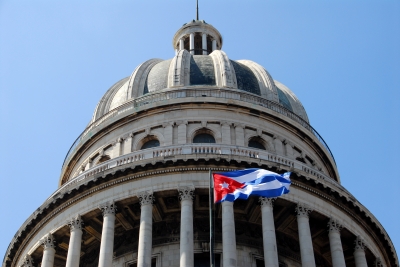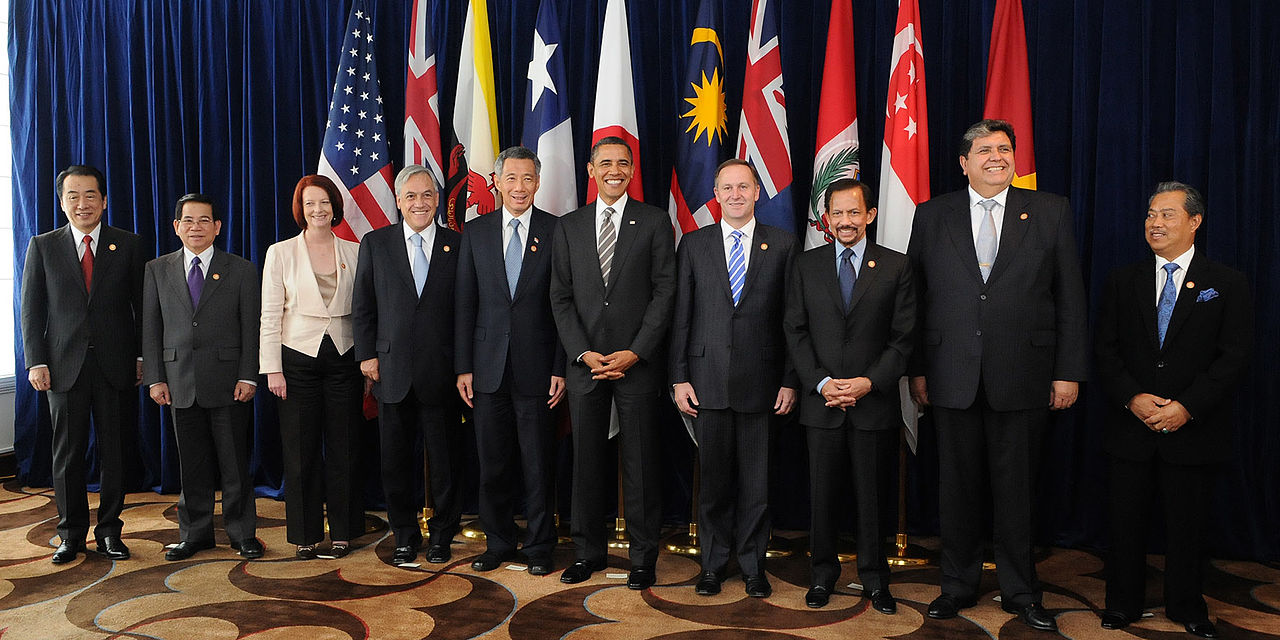American and Cuban officials gathered last week in an effort to restore diplomatic relations between the two nations. Washington severed ties with Cuba in 1961 and the talks represent a step towards opening communication after 50 years of non-cooperation.
The meeting agenda sought to reconcile prominent issues such as the end of economic embargos and reopening of embassies. National representatives convened to also collectively addressed immigration policy, human rights conditions, environmental protection, human trafficking, as well as initiatives that would allow for greater American telecommunications exports to Cuba.
US Assistant Secretary of State Roberta Jacobson defined the conversations as “positive and productive” and stated there were “real and concrete steps” towards re-establishing the long frozen diplomatic ties. A senior Cuban foreign ministry official advised “Cuba is not normalizing relations with the United States, but rather re-establishing diplomatic relations with the United States.” The normalization process is viewed as more complex and time consuming at this stage.
Cuban President Raul Castro specified that Cuban does seek to restore meaningful ties with America, but the nation does not intend to diverge from its socialist principles. As a result Cuban officials emphasized in order for the bilateral relationship to function, “relations between the countries should be based on mutual respect and non-interference in internal affairs.”
President Barack Obama will likely face strong opposition within the Republican-controlled Congress concerning matters such as lifting the U.S. trade embargo. Critics of the policy move maintain that Cuba “should not be rewarded without changing its one-party system.” Cuba’s call for non-interference in internal affairs accompanied by the majority control Republicans enjoy within Congress may delay the effective restoration of diplomatic ties between the nations.
Furthermore, Cuban officials made an important plea to American representatives to remove the country from the US list of state sponsors of terrorism. This request was made in light of Cuba’s longstanding status as one of the world’s worst human rights offenders. In its 2014 report Human Rights Watch affirmed, “The Cuban government continues to repress individuals and groups who criticize the government or call for basic human rights. Officials employ a range of tactics to punish dissent and instill fear in the public, including beatings, public acts of shaming, termination of employment, and threats of long-term imprisonment.”
Experts have touted the first round of discussion as a success. Time will tell whether subsequent meetings will yield any substantial gains by both parties. Future discussions will benefit each country if officials act to accommodate the welfare and interests of the opposite party. Mutually refined policy must be ascertained, as a policy agenda serviced by self-interest will only hinder progress and further sour relations. For now the global political community remains optimistic, as both sides have agreed to meet again.




